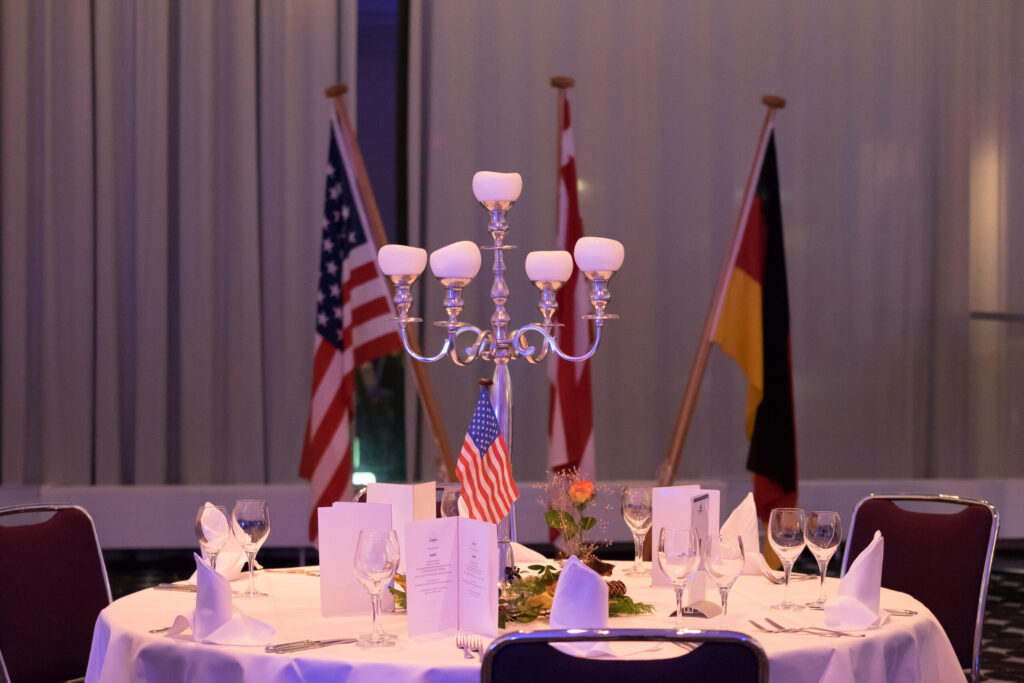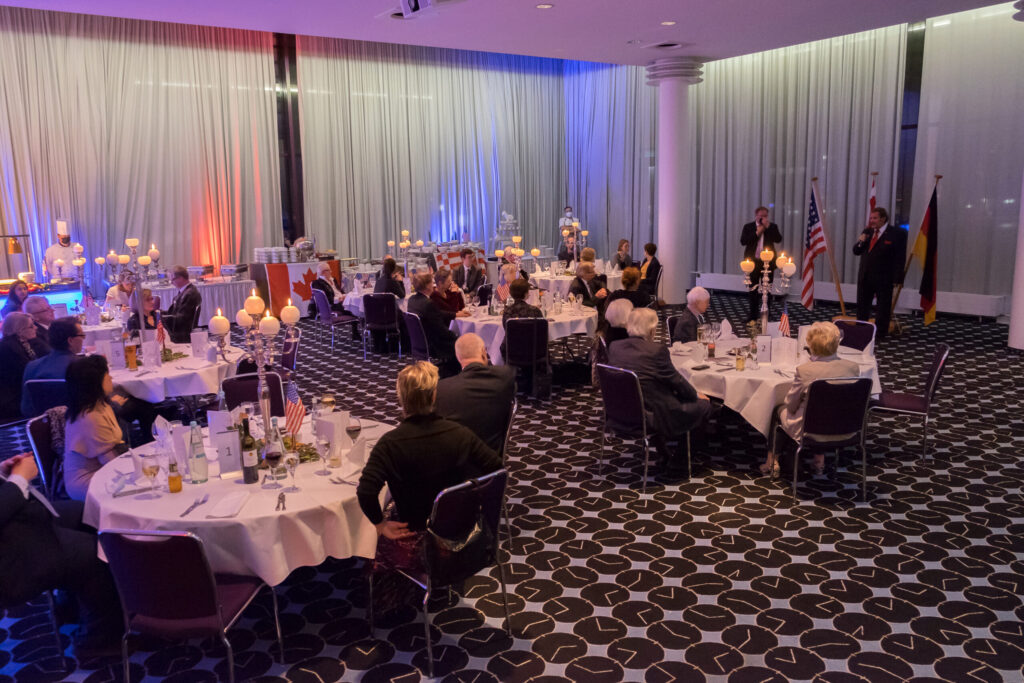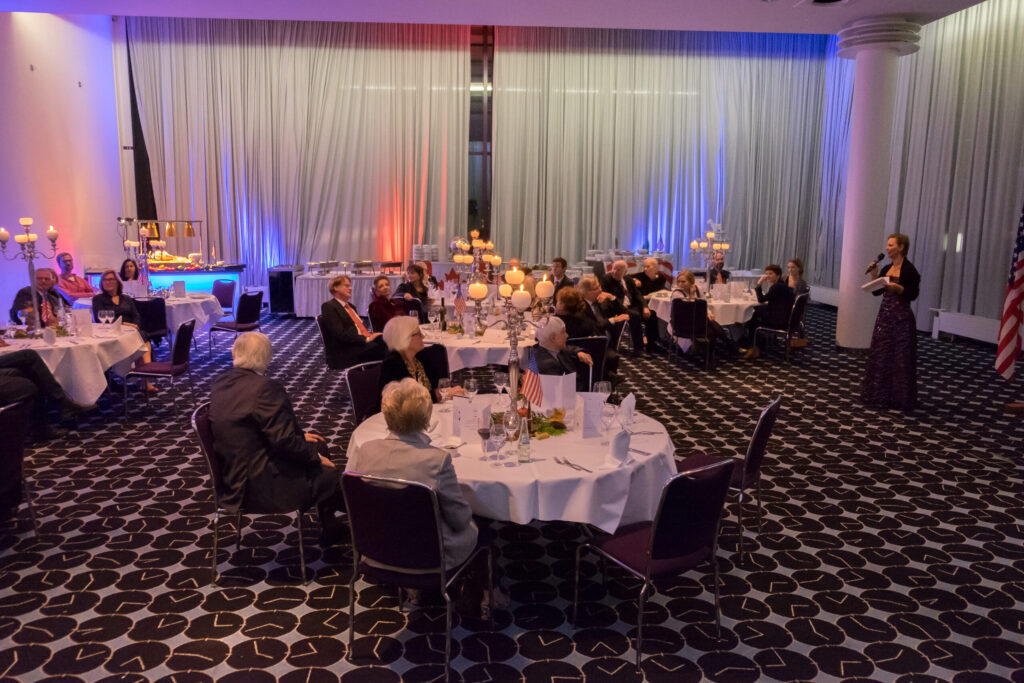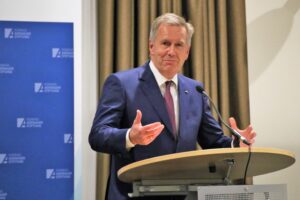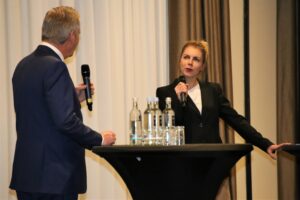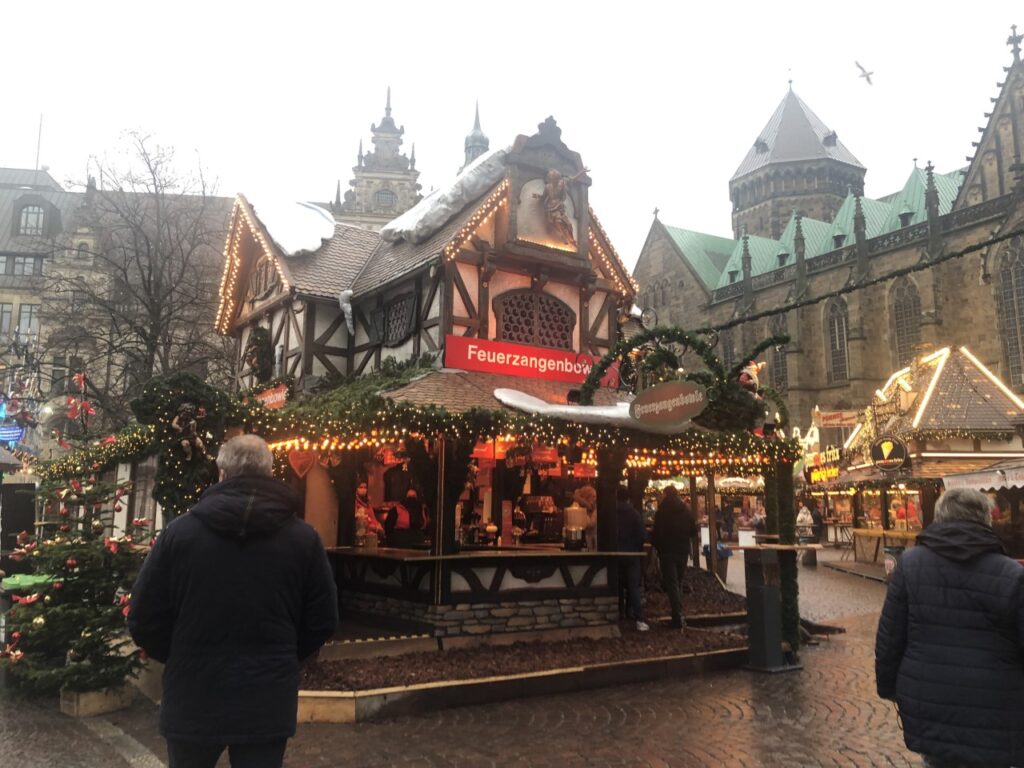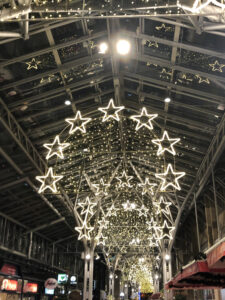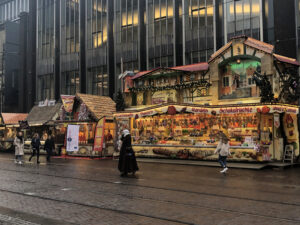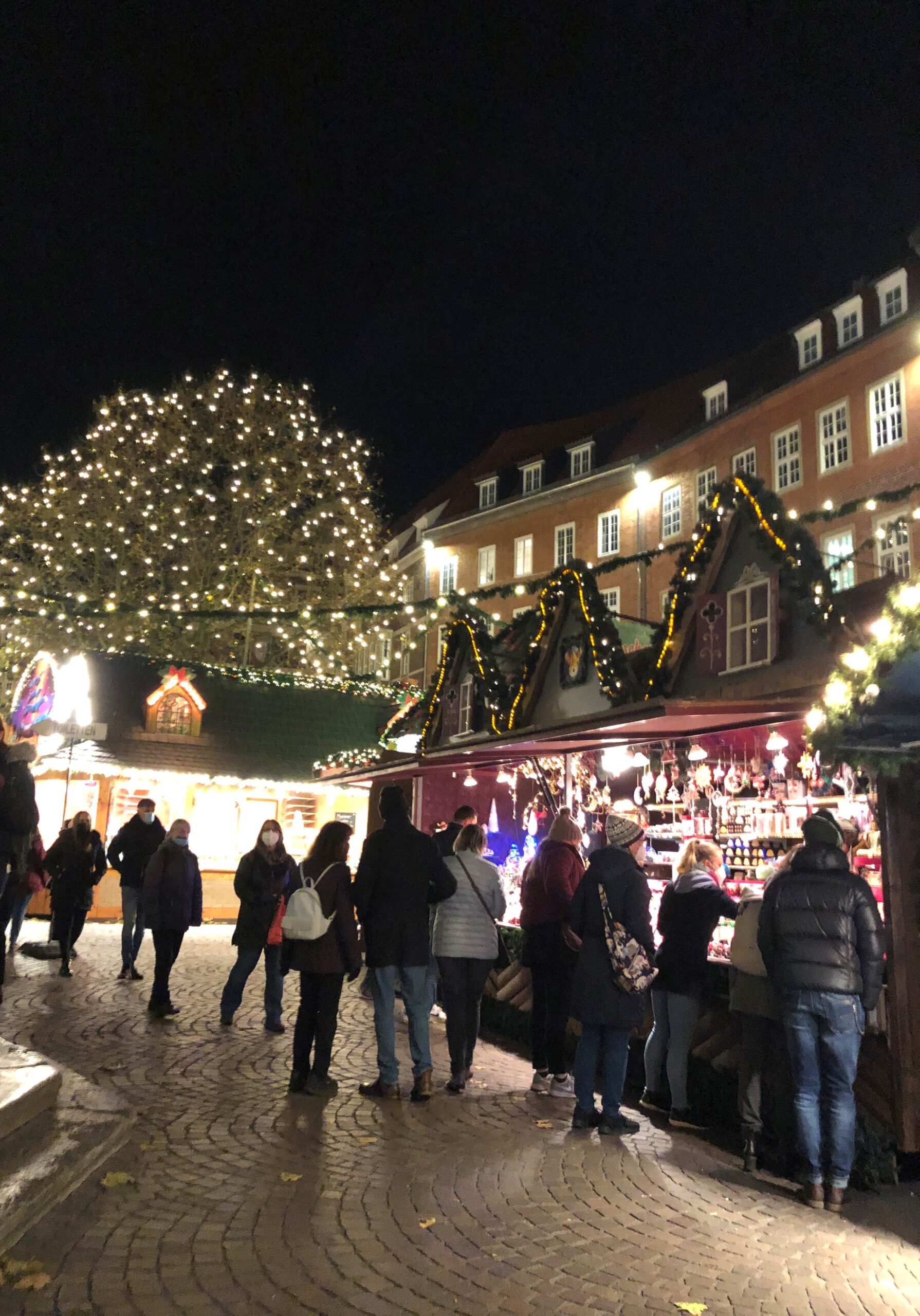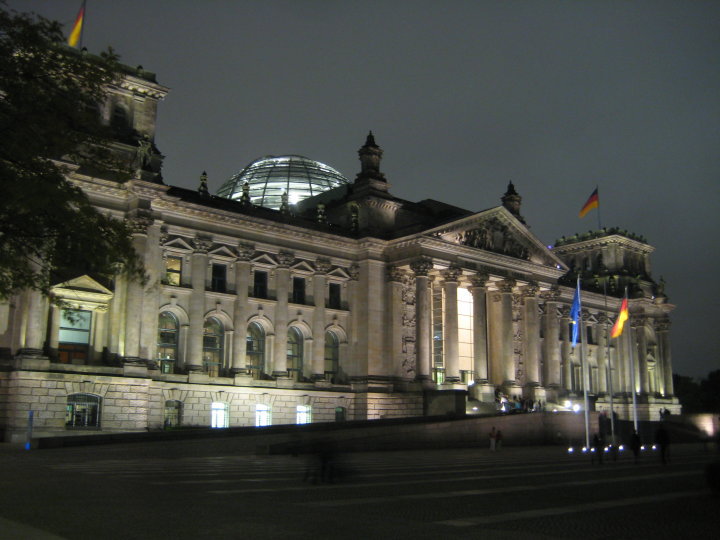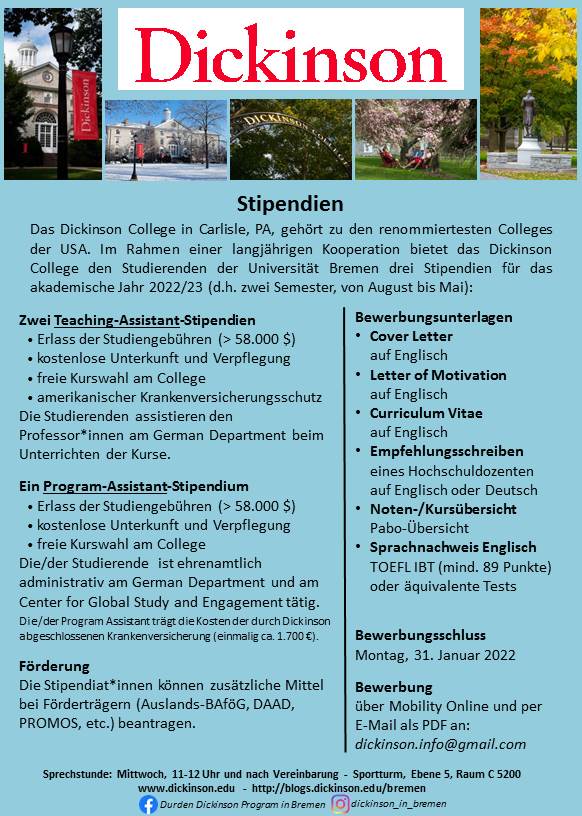University of Bremen press release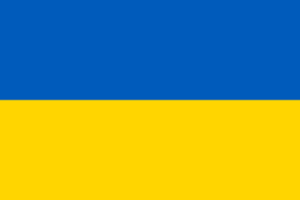
The University is reducing its ties to Russia to a minimum. At the same time, it declares its solidarity with Russian researchers who have written an open letter against the war in Ukraine. Additionally, there are offers of assistance for refugees.
“Our concern and sympathy goes out to all people affected by this war,” says President Bernd Scholz-Reiter of the University of Bremen. “Due to the Russian government’s belligerent and illegal attack of Ukraine, we see ourselves forced to reduce cooperations and collaborations with Russian scientific institutions to a minimum.” This means that currently active exchange programs will be frozen and no new ones initiated. However, contact will be maintained with Russian researchers. What will be significantly affected are the cooperations and collaborations with St. Petersburg State University, the Higher School of Economics, Belgorod State University (BELGU), and five other previous partner institutions in Russia. The university is acting in alignment with the recommendations made by the German Academic Exchange Service (DAAD) and the Alliance of Science Organizations in Germany.
The President thanks the Russian researchers who found clear words against the military attack on Ukraine in an open letter. “We declare our solidarity with them and remain in personal contact with many of them.” The letter was recently published on the internet. According to the Frankfurter Allgemeine Zeitung, more than 380 scientists had signed it within 24 hours. Among them are numerous members of the Russian Academy of Sciences, which is considered the most recognized research institution in the Russian Federation.
Cooperations with Ukraine
The University of Bremen maintains several cooperations with Ukrainian universities, colleges, and scientific institutions, including the Institute of Organic Chemistry at the Ukrainian Academy of Sciences, the Vadym Hetman National Economic University in Kyiv, the Odessa National Maritime University, and the Uman National University of Horticulture. “We stand by our partners,” says the President. There are numerous students and employees from Ukraine or with Ukrainian roots at the University of Bremen, with whom the university unites in solidarity.
Offers of Help
The university is in contact with Bremen Student Services Organization (Studierendenwerk Bremen) regarding the establishment of counseling services for its Ukrainian students and the possible intake of refugee students and scholars in the Student Services Organization’s apartments. The apartments for visiting scientists of the University of Bremen will also be made available.
In addition, the university will do everything in its power to offer refugee students from Ukraine follow-up opportunities in its degree programs. This is to already be made possible in the upcoming summer semester. The planned immediate recognition of Ukrainians as refugees will also allow prospective students to access HERE AHEAD (Academy for Higher Education Access Development) programs at Bremen’s state universities. The institution prepares international prospective students with and without a refugee background for studies in Bremen.
The full press release can be found here:

